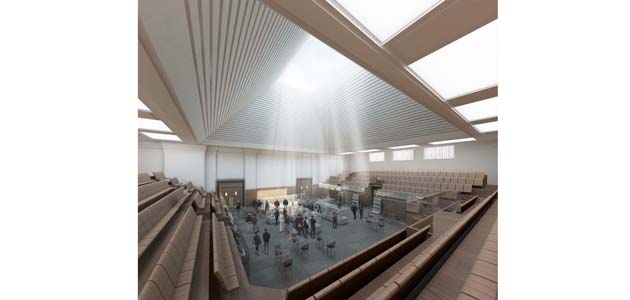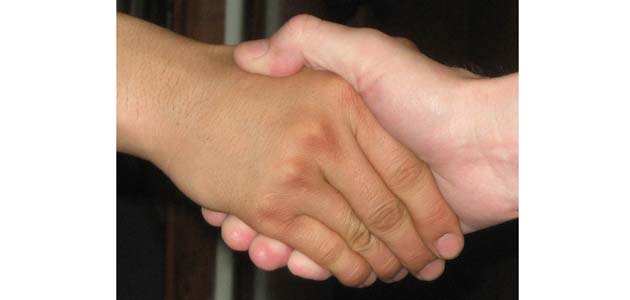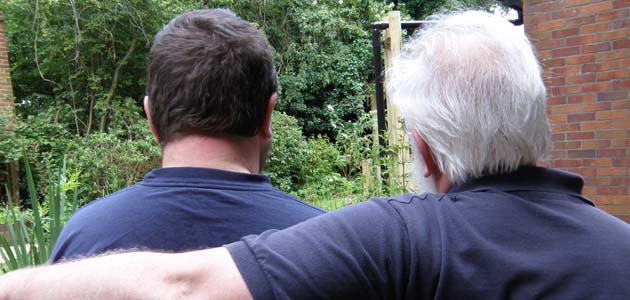Issue 22-07-2011
Featured story
Portrait of a Meeting
Sutton Meeting is a newcomer within the life-span of Britain Yearly Meeting. Founded in 1932 with the help of Friends from long-established meetings in Croydon, Purley and Mitcham, it has no deep-rooted tradition but it has displayed a certain liveliness. Perhaps surprisingly, its archives have been well-kept and they paint a...
Top stories
Proposed ‘green’ refurbishment at Friends House

A green agenda will be at the heart of major changes to the fabric of Friends’ House, the London headquarters of British Quakers. That’s the promise made by the trustees of Britain Yearly Meeting (BYM), the formal organisation of Quakers in England, Scotland and Wales. The trustees will...
Looking outwards

Two separate incidents have given me pause for thought recently: the first was at our Local Meeting where I am co-clerk. As is my usual custom (and the custom of my co-clerk) at the end of Meeting for Worship after we had all shaken hands and quietly welcomed each other...
From me to you

When do you think you are going to die? Well, you don’t know and neither do I but I have had some of the best medical brains in the North of England look me over and they decided that I stood a good chance of living another fifteen years,...
We don’t just eat porridge
I am very concerned about the future of British Quakers – it is not an exclusive secret society for the white, privileged, educated few. Once our over-sixties die out, the remaining members could hire a hall somewhere central, like Birmingham, once a month and hope to fill a room.
Membership statistics
A paragraph on the Eye page in a recent issue of the Friend (1 July) drew attention to the difference in the new Book of Meetings between the number of members recorded for each Meeting and the average attendance at Meetings for Worship ‘as reported by each Meeting’. I do not...
All articles
Military influence in schools challenged
A US Quaker activist has used a speaking tour of Britain to back a new campaign challenging military influence in British schools. Oskar Castro, who previously worked for the American Friends Service Committee (AFSC), spoke at events in London, Edinburgh and Coventry to launch the ‘Military Out of Schools’...
Quaker Social Action wins award
A Quaker charity has received an award from a national thinktank for its work tackling poverty. Quaker Social Action (QSA), which works in east London, won the prize for their ‘Made of Money’ scheme, which aims to help people to manage financial problems.
Tony Benn to give Salter Lecture
Veteran left-wing politician Tony Benn has agreed to speak on socialism to British Quakers during Yearly Meeting Gathering (YMG) in Canterbury next month. He will give the Salter Lecture, an annual event of the Quaker Socialist Society (QSS), on 2 August.
Eye - 22 July 2011
Quaker School to appear at the Fringe The story of a family who fled Nazi-occupied Austria is being brought to life on stage by students from a Quaker school at the Edinburgh Festival in August.
Letters - 22 July 2011
A fool’s paradise and taxes Alan W Smith (8 July) appears to believe a number of myths that are very useful for a government intent on shrinking state support for the weaker members of society. There are other viewpoints.
